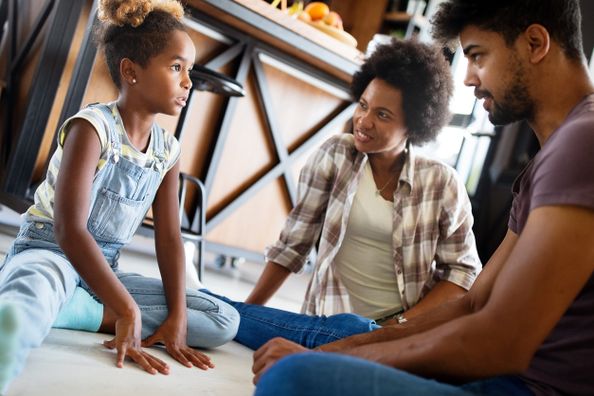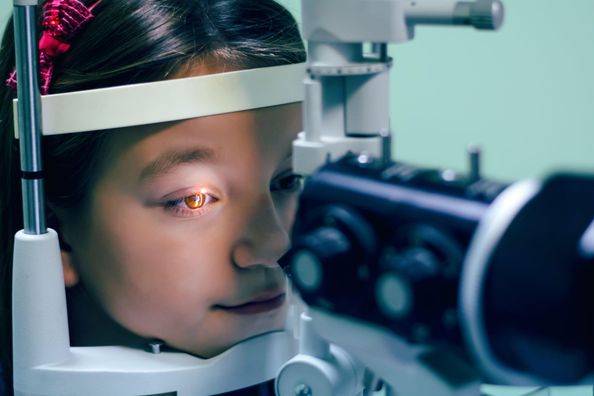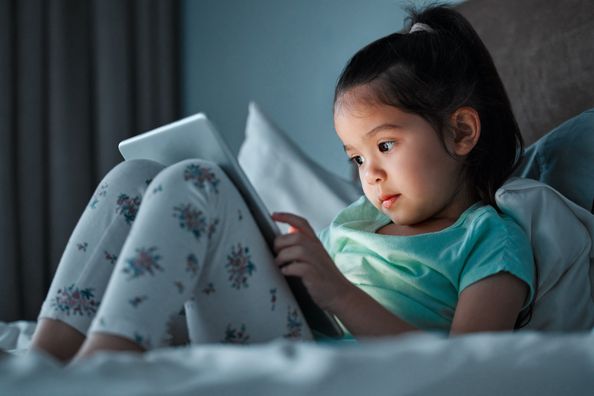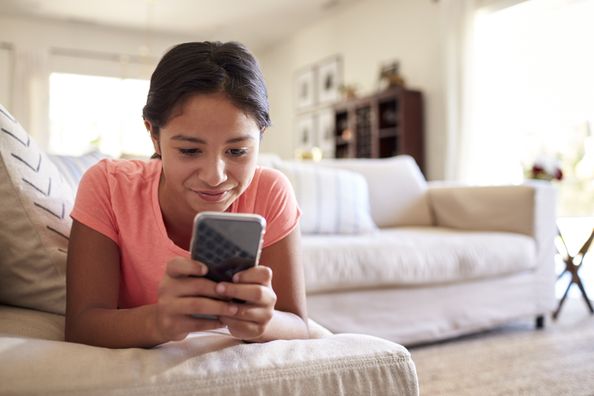Kids get a tremendous amount of information from each other at school. They also see things online that we often don’t know about. So one night at dinner last week, I realized it was time to ask my sons what they knew about coronavirus.
“I have a 5 percent chance of dying from coronavirus, Mom,” my 8‑year-old said.
“Wow buddy,” I said, “that sounds pretty scary.” I asked him where he had learned that.
“At school. I’ve been talking with my friends.” That’s exactly how this works with children. If we don’t give them good information, they will fill in what they don’t know with updates from their friends.
I took that chance to explain to my kids how well children are doing in this epidemic, especially healthy kids. “So, what is your chance of dying of coronavirus?” I asked them.
“Zero percent!” My boys said, as they made their hands into zeros. And because I know that kids learn better with reinforcement, I made them repeat it a few times that night and again the next day.
How can parents approach conversations with their kids about coronavirus?
Parents have a way of giving speeches when they are worried. But in a scary situation, kids do better if we don’t over-explain things to them. They don’t need to know everything we’ve seen on the news and every story we’ve heard. Instead, it helps to focus on meeting them where they are. Here’s how to get started talking with your child about coronavirus (COVID-19):
- Start by asking them what they’ve heard about coronavirus. Ask them what they’ve heard at school, or what their friends are saying. Ask them what they’ve seen online. Kids open up if you can listen with quiet attention. Try not to react right away, because kids can easily feel criticized and shut down.
- Thank them for sharing what they know with you. Point out something they said that is correct. Tell them how great you think it is that they are paying attention to this important current event. With my son, I said, “You know, you are right that 5 percent of people with certain diseases have died from coronavirus. You’ve really been paying attention.”
- Then share with them correct information in place of any misinformation they’ve heard. With my son, I then pointed out that the 5 percent he’d heard about was not in kids. As of the date of this writing, zero children under the age of nine years old have died. I told him that the chance in his age group was zero percent.
- Ask them what specific questions they have. You might be surprised. Some kids tell us they are worried about grandparents they love. Others want to know what it will mean for the birthday party they’ve been invited to on the weekend.
- Don’t hide what you are feeling. Our kids can always detect when we are putting on a front for them. Try something like, “I feel worried about this, but I also know that we have a good doctor we can call and that smart people are working hard to keep us all safe.” We can be authentic about our worry and still give a reassuring message to our kids.
- Be honest about what you know and what you don’t know. If you need to know more, check the CDC website which has up to date accurate information. Try, “I don’t know the answer to that question, but I’ll see if I can find an answer for you.”
- Remind them that you have access to great healthcare to help keep your family healthy.
- Focus on what they can do and give them a sense of purpose. Everyone feels a little better if they know something they can do, and it helps even more if they find meaning in what they do. Explain to kids that we can all support each other as a community. While in general coronavirus (COVID-19) has been a mild illness in children, the main issue is the way kids could spread it to other people who are at higher risk. We can help our friends and neighbors by working hard not to spread the virus. We can wash our hands, cough into our elbows with a tight seal and stay home if we are sick.
- End the conversation with an open invitation to keep talking with you. And remember to check in with your kids every couple of days to see how their understanding or worries have changed. For instance, today my kids started asking whether they were going to close school.
Additional Resources:
Coronavirus (COVID-19) is a rapidly evolving global health situation. For the latest information, visit:
- Centers for Disease Control and Prevention https://www.cdc.gov/coronavirus/about/index.html
- Illinois Department of Public Health http://www.dph.illinois.gov/topics-services/diseases-and-conditions/diseases-a-z-list/coronavirus
Health Topics:







